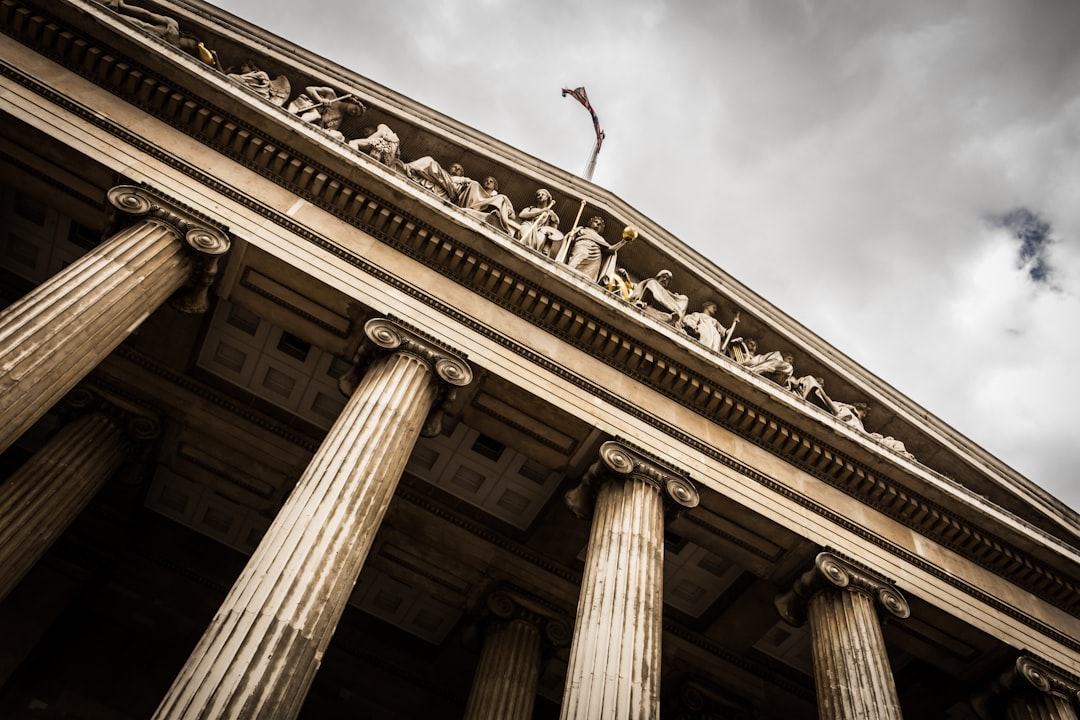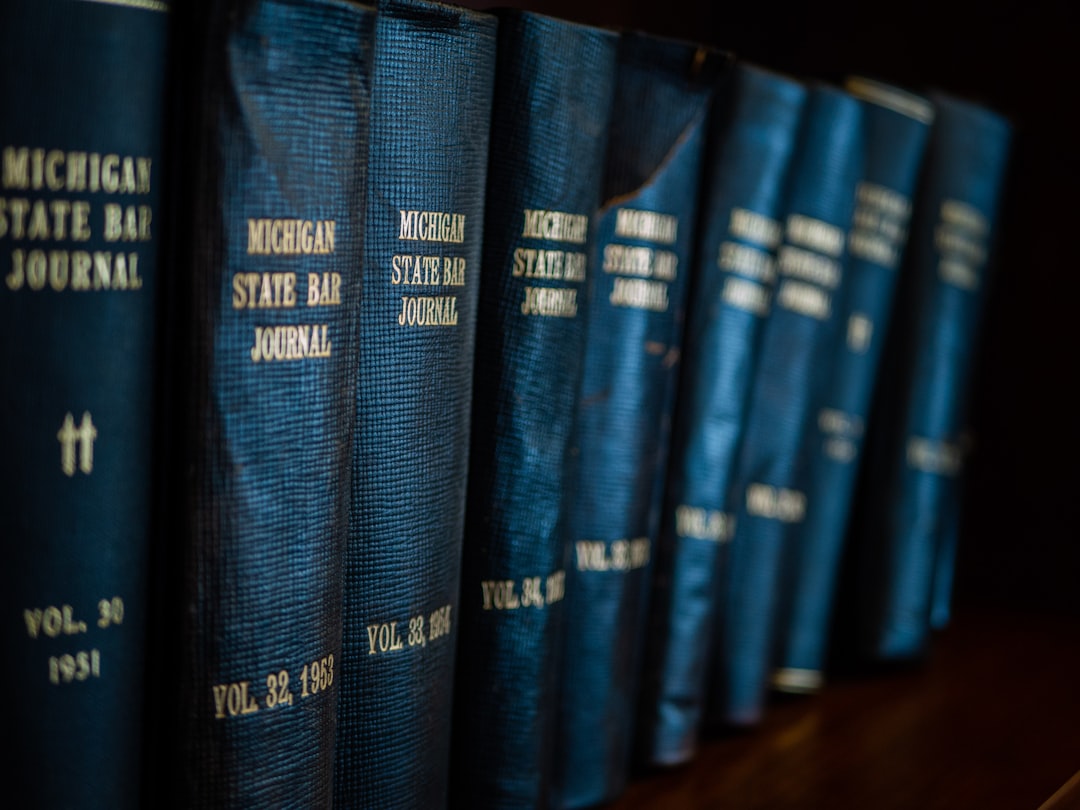Surveillance footage emerges as a crucial asset for rape lawyers in California, offering objective insights into sexual assault cases. Admissible under strict legal standards, these videos strengthen cases by corroborating testimonies, identifying suspects, and verifying alibis. In Clovis, California, strategically placed cameras capture real-time details, enhancing credibility and ensuring the enforcement of victim rights. While raising privacy concerns, proper adherence to protocols balances public safety and individual freedom, making surveillance footage a powerful tool for justice in rape trials.
In Clovis, California, surveillance footage has emerged as a powerful tool for justice. This article explores how video evidence can strengthen cases, particularly in rape trials, from a legal perspective. We delve into its admissibility in court, ethical considerations, and privacy concerns. From successful prosecution stories to the impact on rape cases, discover why understanding surveillance footage is crucial for any California rape lawyer navigating this evolving legal landscape.
Understanding Surveillance Footage: A Legal Perspective
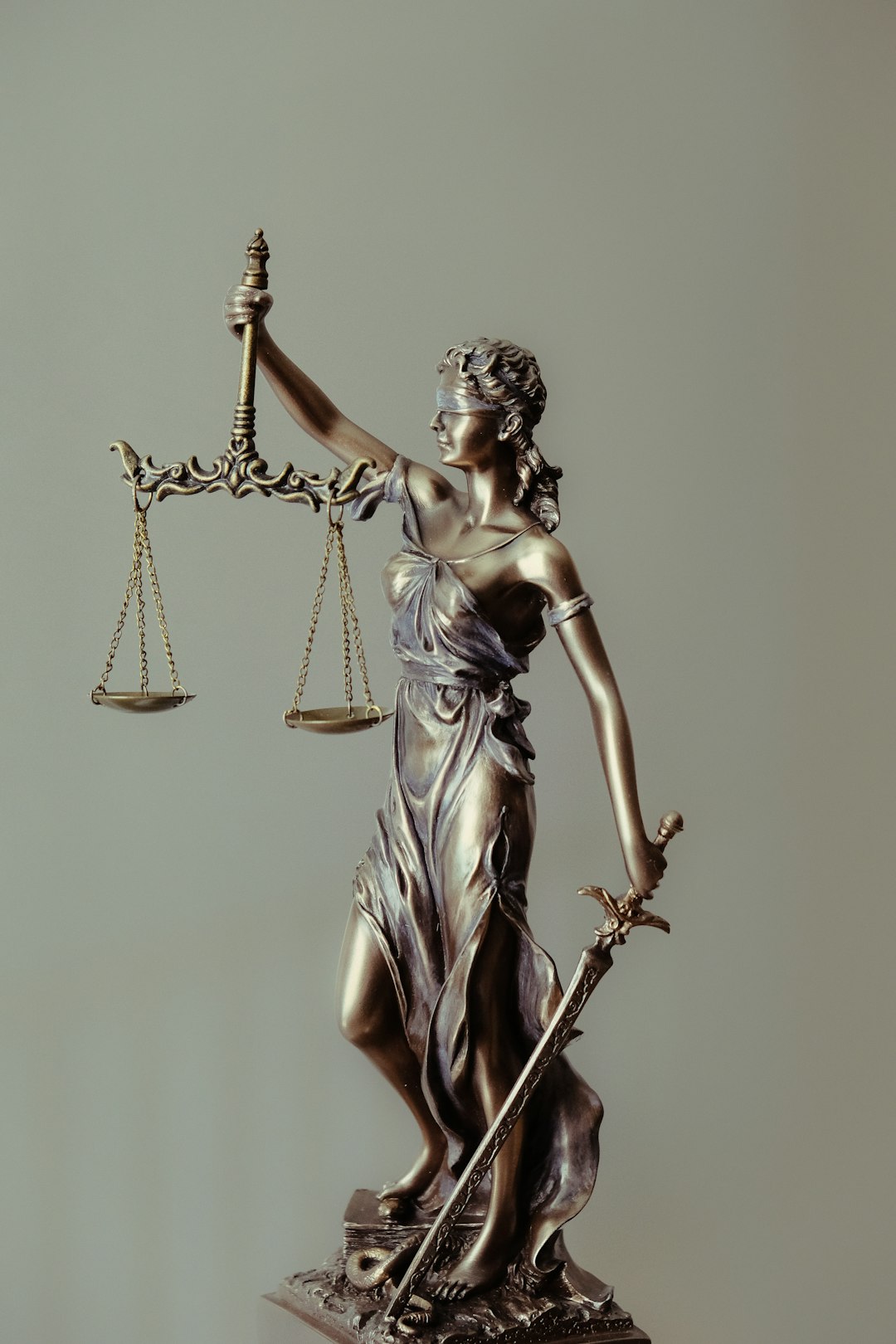
Surveillance footage has become a powerful tool in legal proceedings, especially in cases involving sexual assaults like rape. A rape lawyer in California understands the significance of this evidence as it can provide critical insights into the events that transpired. Footage from security cameras, traffic cameras, or even private surveillance systems can capture moments that are crucial for building a strong case.
From a legal standpoint, this visual evidence offers an objective and unbiased view of the scene, which can corroborate or refute testimonies. It may depict the sequence of events, identify suspects, or establish alibis, thereby aiding prosecutors in presenting a compelling argument. In Clovis, California, where legal standards align with those across the state, surveillance footage is treated as admissible evidence when relevant and properly authenticated, ensuring it plays a significant role in strengthening cases, particularly in rape trials.
The Admissibility of Surveillance Videos in Court
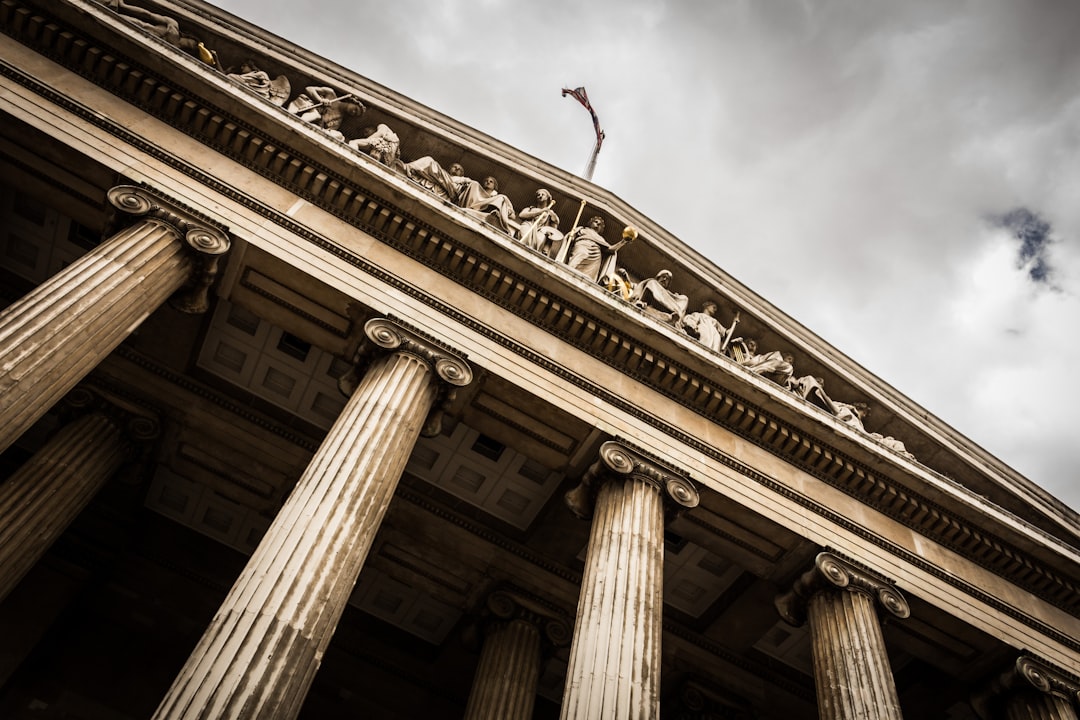
In Clovis, California, as in many jurisdictions across the nation, surveillance videos are increasingly recognized as powerful tools to secure justice. The admissibility of such evidence in court has been a topic of legal debate, but recent precedents have solidified their place as credible forms of proof. When properly obtained and handled, surveillance footage can significantly strengthen a case, especially in complex matters like rape cases where eyewitness accounts might be scarce or unreliable.
A rape lawyer in California would know that the key to using surveillance videos effectively lies in establishing their relevance and authenticity. This involves demonstrating that the video was not altered, that it accurately depicts the incident in question, and that its admission does not unduly prejudice the defendant. With proper legal guidance, surveillance footage can provide irrefutable visual evidence, corroborating witness testimonies or standing alone as compelling proof in a rape trial.
Strengthening Rape Cases with Visual Evidence
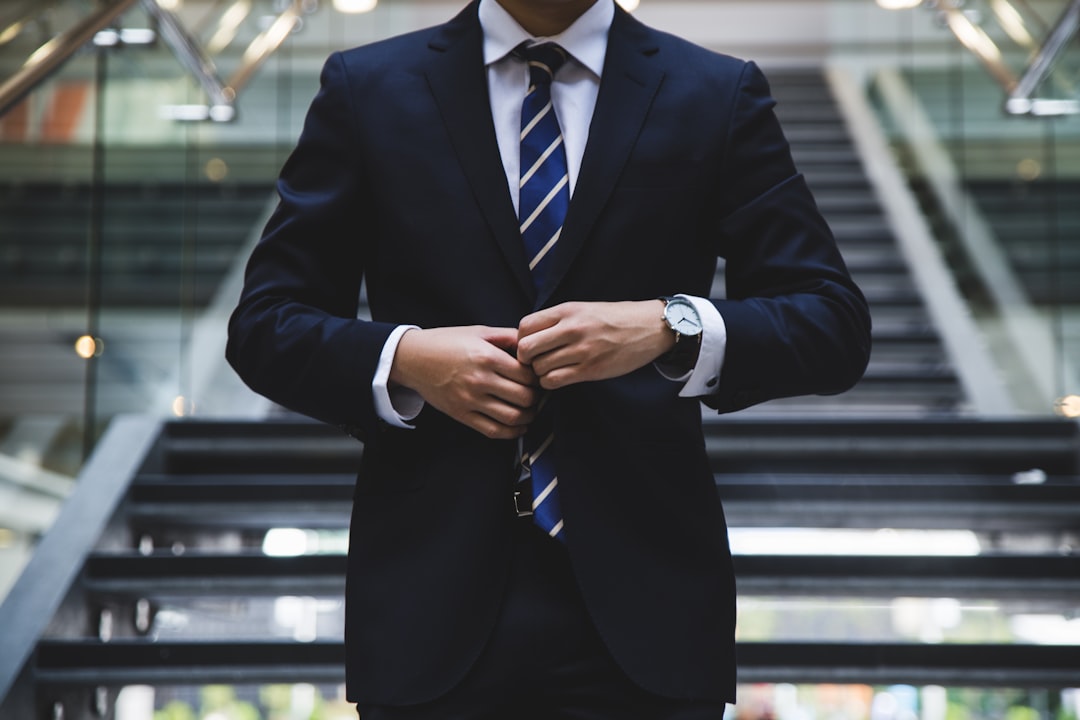
In cases of sexual assault, surveillance footage plays a pivotal role in providing visual evidence that can significantly strengthen a rape lawyer’s case in Clovis, California. This type of evidence offers a powerful tool to combat the often heinous nature of such crimes, where victims may face difficulties in recalling specific details or identifying their assailant. Surveillance cameras, strategically placed in public spaces and residential areas, capture real-time footage that can pinpoint suspects’ locations, movements, and even their physical appearances during the commission of a crime.
Having access to this visual documentation enhances the credibility of a rape lawyer’s argument, as it provides tangible proof to support the victim’s statement. It acts as a powerful corroborating factor, ensuring that justice is served without relying solely on subjective human memory or testimony. In California, where strict laws protect victims’ rights in sexual assault cases, surveillance footage can be a game-changer, offering concrete evidence to aid in the prosecution and potential conviction of perpetrators.
Ethical Considerations and Privacy Concerns

Surveillance footage has become a powerful tool in criminal investigations, but its use raises significant ethical considerations and privacy concerns, especially in cases involving sensitive matters like rape. In California, where rape lawyers often face complex legal battles, the admissibility of surveillance video is a crucial topic. While it can provide compelling evidence, there are strict guidelines to ensure its integrity and protect individual privacy.
The primary concern revolves around the balance between public safety and personal freedom. Rape lawyers argue that footage can aid in identifying perpetrators and bringing justice to victims, but it must be obtained and used responsibly. Unauthorized surveillance or the misuse of recorded data could violate a person’s right to privacy, leading to potential legal repercussions. Therefore, any use of surveillance footage in rape cases must adhere to strict legal protocols, ensuring a fair and ethical process for all involved.
Success Stories: When Surveillance Footage Wins a Case
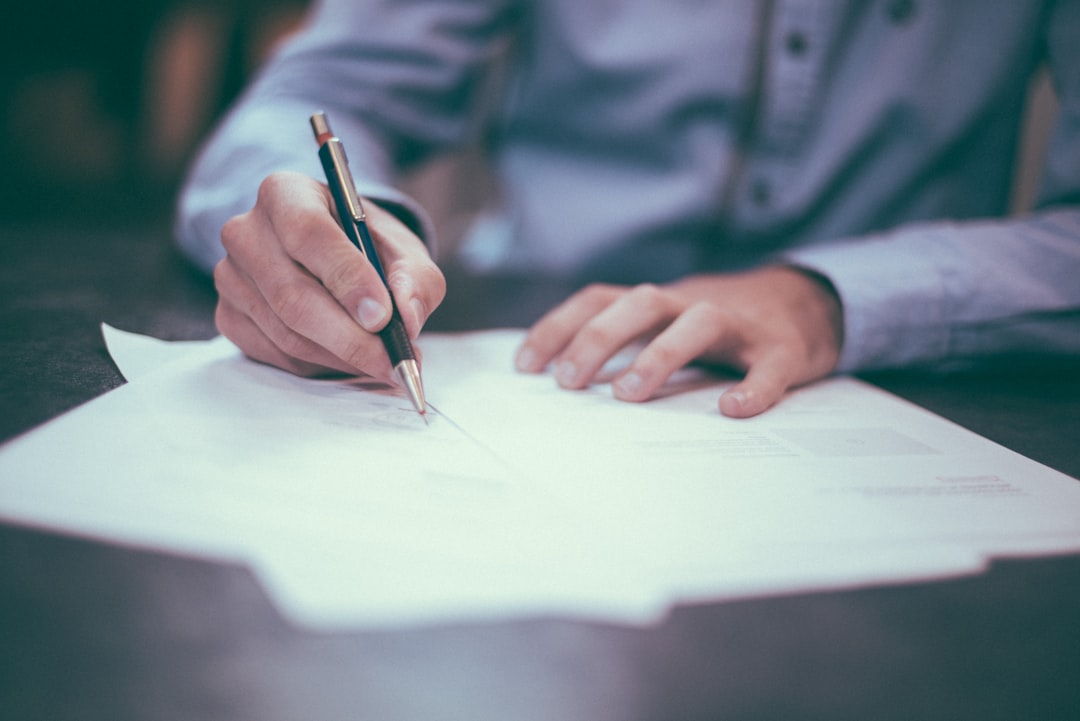
In many high-stakes cases, particularly involving serious crimes like rape, surveillance footage can be a powerful tool for justice. Consider a recent case in Clovis, California, where a rape lawyer successfully utilized security camera recordings to secure a conviction. The footage clearly captured the perpetrator’s actions, providing irrefutable evidence that led to a swift arrest and prosecution. This success story underscores the value of surveillance systems not just for deterrence but as a critical component in solving crimes.
The impact of surveillance footage is significant. It can capture details that human eyes might miss, offering a clear and objective view of events. In the context of rape cases, this means potential evidence of the crime scene, the perpetrator’s approach, and even the victim’s actions before, during, and after the incident. Such detailed records can greatly assist rape lawyers in building robust defense strategies, ensuring that justice is served and the rights of victims are protected.


